Ook de oliesjeiks zullen Duitsland niet redden: Op de achtergrond wachten de Britten al, die aanspraak maken op de toppositie
Duitsland zal vanwege de euro zijn dominantie in Europa kwijtraken. Volgens een prognose van een Britse denktank zal de nieuwe nummer 1 uiterlijk in 2030 Groot-Brittannië heten. Slechts een uiteenvallen van de gemeenschappelijke munt zou de toppositie van Duitsland kunnen garanderen.
Het “Centre for Economics and Business Research” (CEBR) in Londen ziet Duitsland vanwege de euro bergaf gaan. In zijn zojuist gepubliceerde jaarlijkse ranglijst vonden er in Europa in het jaar 2013 weliswaar nauwelijks veranderingen plaats – alleen Rusland kon Italië inhalen.
Maar in de toekomst zal volgens inschatting van het CEBR al Groot-Brittannië de leidende rol in Europa overnemen. De reden: Groot-Brittannië is geen lid van de eurozone en daarom veel minder verstrikt in verdelingsgevechten in Europa.
Dat zal van invloed zijn op de ranglijst: Over vijf jaar al zal Groot-Brittannië Frankrijk inhalen – ook de Fransen zijn verwikkeld in de gevechten van de eurozone.
Duitsland en Frankrijk zullen vanwege de euromoeilijkheden duidelijk terrein verliezen – ook in wereldwijde vergelijking. Behalve de euro is de verouderde samenleving een van de belangrijkste redenen voor de slechte prognose voor de continentale Europeanen. Groot-Brittannië zal in dit geval van een hogere immigratie profiteren dan Duitsland.
Het CEBR gelooft dat Duitsland zijn actuele toppositie in Europa alleen kan vasthouden als de euro uiteenvalt. De wezenlijk gunstiger vooruitzichten voor Duitsland komen dan echter ten koste van de andere eurolanden tot stand.
Bron:
http://deutsche-wirtschafts-nachrichten.de
Vertaald uit het Duits door:
E.J. Bron
(www.ejbron.wordpress.com)



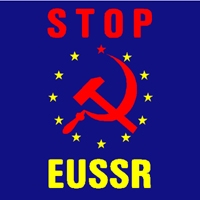


















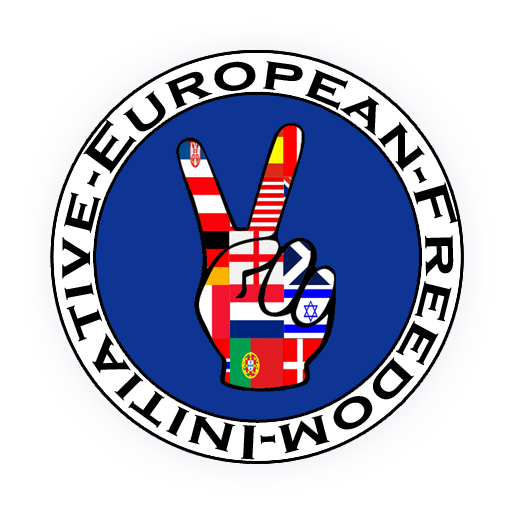









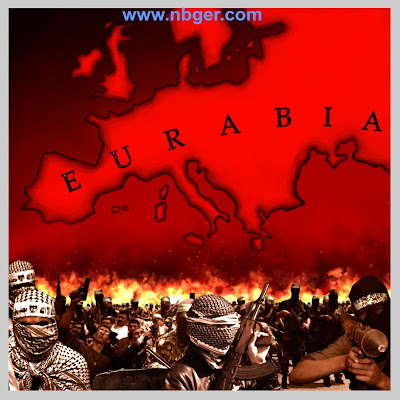





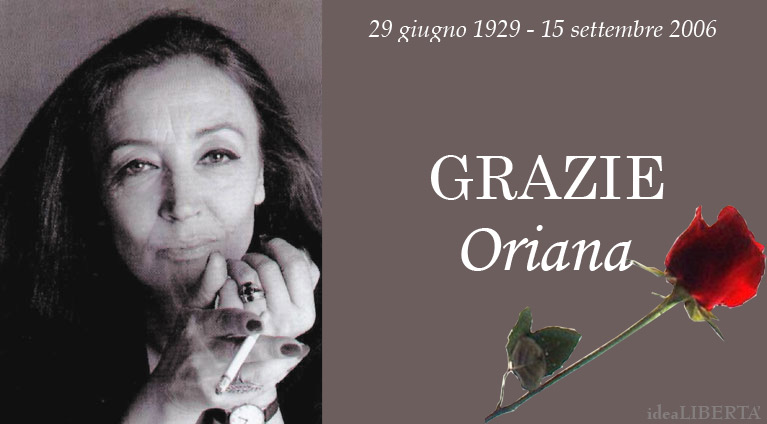




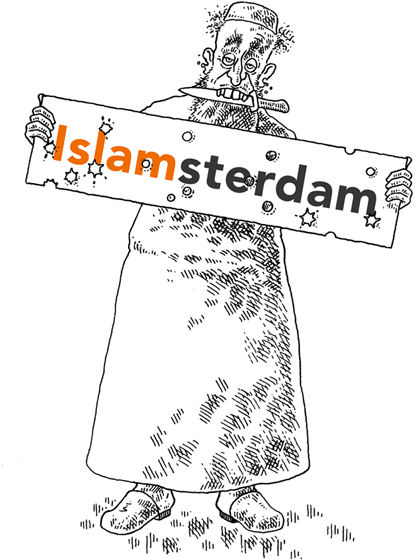






De oliesjeiks beste mensen, zijn het grootste geboefte uit de hele Arabische wereld.
LikeLike
“De PLAAT POETSEN”i(op tijd”)is OOK een spreekwoord.
LikeLike
En het GEDROCHT EUSSR en de EURO zouden ons toch heel veel goeds brengen, werd ons voorgehouden door politici van VVD,CDA,PvdA,Demonen 666, CU,GL, om er maar de meest verantwoordelijken te noemen!
LikeLike
Dat komt erbij uit wanneer je uit een EU stront-put als parfum probeert te verkopen !
LikeLike
Treffende beeldspraak, Sjaak! Die houden we er in (komt er trouwens vanzelf wel uit…)
LikeLike
Denktank is helderziend.
LikeLike
city of london
LikeLike
Londonistan zul je bedoelen …..
LikeLike
Nope, city of london bedoel ik.
LikeLike
@Joop Kleppzeiker, 11.15u. Spijker op de kop, Joop! Bij dat soort annexaties mag je je nóóit neerleggen! City of London!
LikeLike
What happened in the heart of Greater London in 1694 under the direction of King William III of the House of Orange? Well, that would be when King William privatized the Bank of England, established the City of London, and turned control of England’s money over to an elite group of international bankers.
Like Vatican City, London City (not to be confused with Greater London) is a privately owned corporation operating under its own flag, with its own constitution and free from the legal constraints that govern the rest of us. And it was King William III in 1694 who paved the way for a private cartel of international bankers (money elite) to embark on a plan of implementing world governance, albeit secretly (that is until now, thanks to the Internet Reformation).
LikeLike
Even wat geschiedenis dan maar, sneller dan dit kon ik niet vinden, veel aardige info, maar eens goed naar kijken.
LikeLike
Development of central banking
Further information: Central bank
The Bank of Amsterdam became a model for the functioning of a bank in the capacity of monetary exchange and started the development of central banks.[193] An early central bank was the Sveriges Riksbank, established in 1668, although this was short-lived.[194]
The sealing of the Bank of England Charter (1694).
In England in the 1690s, public funds were in short supply and were needed to finance the ongoing conflict with France. The credit of William III’s government was so low in London that it was impossible for it to borrow the £1,200,000 (at 8 per cent) that the government wanted. In order to induce subscription to the loan, the subscribers were to be incorporated by the name of the Governor and Company of the Bank of England. The bank was given exclusive possession of the government’s balances, and was the only limited-liability corporation allowed to issue banknotes.[195] The lenders would give the government cash (bullion) and also issue notes against the government bonds, which can be lent again. The £1.2M was raised in 12 days; half of this was used to rebuild the Navy. The establishment of the Bank of England, the model on which most modern central banks have been based on, was devised by Charles Montagu, 1st Earl of Halifax, in 1694, to the plan which had been proposed by William Paterson three years before, but had not been acted upon.[196] He proposed a loan of £1.2M to the government; in return the subscribers would be incorporated as The Governor and Company of the Bank of England with long-term banking privileges including the issue of notes. The Royal Charter was granted on 27 July through the passage of the Tonnage Act 1694.[197]
http://en.wikipedia.org/wiki/History_of_banking
LikeLike
The financial history of the Dutch Republic involves the interrelated development of financial institutions in the Dutch Republic. The rapid economic development of the country after the Dutch Revolt in the years 1585 – 1620 accompanied by an equally rapid accumulation of a large fund of savings, created the need to invest those savings profitably. The Dutch financial sector, both in its public and private components, came to provide a wide range of modern investment products beside the possibility of (re-)investment in trade and industry, and in infrastructure projects. Such products were the public bonds, floated by the Dutch governments on a national, provincial, and municipal level; acceptance credit and commission trade; marine and other insurance products; and shares of publicly traded companies like the Dutch East India Company (VOC), and their derivatives. Institutions like the Amsterdam stock exchange, the Bank of Amsterdam, and the merchant bankers helped to mediate this investment. In the course of time the invested capital stock generated its own income stream that (because of the high propensity to save of the Dutch capitalists) caused the capital stock to assume enormous proportions. As by the end of the 17th century structural problems in the Dutch economy precluded profitable investment of this capital in domestic Dutch sectors, the stream of investments was redirected more and more to investment abroad, both in sovereign debt and foreign stocks, bonds and infrastructure. The Netherlands came to dominate the international capital market up to the crises of the end of the 18th century that caused the demise of the Dutch Republic.
LEES HEEL VEEL MEER HIER
http://en.wikipedia.org/wiki/Financial_history_of_the_Dutch_Republic
LikeLike
Lees verder nog wat hier
http://en.wikipedia.org/wiki/Central_bank
en vooral hier
http://en.wikipedia.org/wiki/Bank_of_Amsterdam
LikeLike
doe dan dit ook maar
http://en.wikipedia.org/wiki/Evolution_of_the_Dutch_Empire
LikeLike
zo nu even een tussen stapje
Italian Fascism involved a corporatist political system in which economy was collectively managed by employers, workers and state officials by formal mechanisms at the national level.[34] This non-elected form of state officializing of every interest into the state was professed to reduce the marginalization of singular interests (as would allegedly happen by the unilateral end condition inherent in the democratic voting process). Corporatism would instead better recognize or ‘incorporate’ every divergent interest into the state organically, according to its supporters, thus being the inspiration for their use of the term totalitarian, perceivable to them as not meaning a coercive system but described distinctly as without coercion in the 1932 Doctrine of Fascism as thus:
Benito Mussolini
When brought within the orbit of the State, Fascism recognizes the real needs which gave rise to socialism and trade unionism, giving them due weight in the guild or corporative system in which divergent interests are coordinated and harmonized in the unity of the State.[35]
http://en.wikipedia.org/wiki/Corporatism
LikeLike
Zo nu even zelf verder spitten
Willem II, charters , banken corporatisme , voc, etc etc
en je komt er achter dat wij Nederlanders aan de bakermat van het hele gebeuren staan
LikeLike
Zal nog wat lezenswaardige links geven
http://www.janvanduppen.be/?p=196
Klik om toegang te krijgen tot 1694charter.pdf
http://en.wikipedia.org/wiki/Bank_for_International_Settlements
dit e boek zeker niet vergeten te lezen
Begin maar ergens op Chapter XVIII. English Banking. Bank Of England; Peel’s Act, 1844; One Reserve; Banking. And Issue Departments
http://chestofbooks.com/finance/economics/Commerce-and-Finance/Monometallism-And-Bimetallism-Chapter-XVII-Bank-Of-Venice.html
Zo genoeg leeswerk gegeven voor de eerste tijd in het nieuwe jaar, en ja ik lees het ook allemaal en dat doe ik al heel lang in het begin hele biblotheken doorgezocht later via het internet
Maar is mijn city of london nu wat duidelijker geworden ??
LikeLike
Ja. En sorry: Ik had, eerlijk gezegd, ook wel een vaag vermoeden, dat je op iets in de richting van het bankwezen -haar geschiedenis- doelde, maar gunde me niet direct de tijd om het uitgebreid na te gaan zoeken.
Mijn vader was jarenlang werkzaam bij Bank Mees & Hope, Amsterdam. Ik zal je, denk ik, niet hoeven vertellen dat met name de familie Hope gedurende de 17de en 18de Eeuw hèt voorbeeld was van de link tussen het Nederlandse en het Engelse bankwezen.
LikeLike
en voor wie nog niet genoeg te lezen heeft doe dan dit ook maar
http://books.google.nl/books?id=SQAoGNRrT-AC&printsec=frontcover&dq=Shadow+Rulers+The+Euro+American+Trojan+Horse&hl=nl&ei=GRetS5vkEtC14Qb-x827Dw&sa=X&oi=book_result&ct=result&resnum=1&ved=0CDMQ6AEwAA#v=onepage&q&f=false
LikeLike
Oke, dan maar meer, genoeg voor de rest van het jaar,
http://www.anarchiel.com/index.php/team/jim/
LikeLike